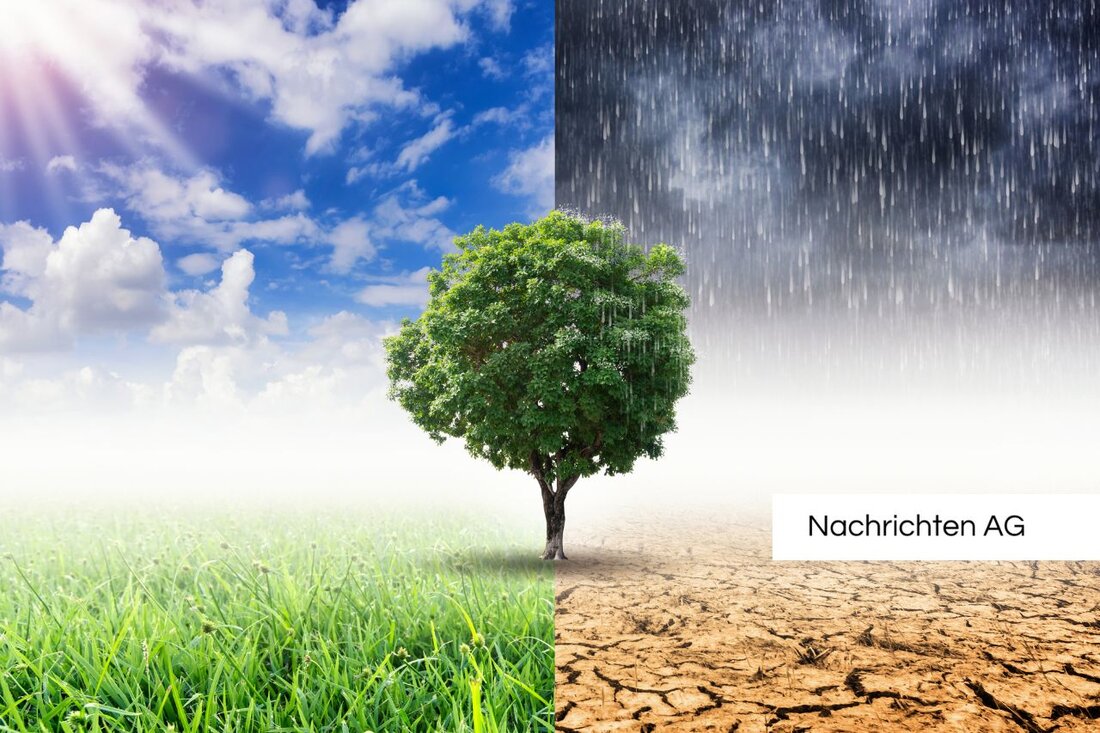Slow particles: How Biogele could save the climate!
Slow particles: How Biogele could save the climate!
Current research results indicate that the drop in organic particles in the ocean plays a decisive role in climate events. A study under the direction of Roman Stocker at ETH Zurich is devoted to the investigation of the sink rate of these particles and its long -term effects on carbon binding. It was found that bioele, which is excreted by bacteria and algae, significantly reduce the falling speed of particles, which could have far -reaching consequences for the climate. According to Kleinezeitung.at, carbon particles remain on the sea floor for up to thousands of years before returning to the atmosphere as CO2.
The research group shows that only about 1% of the organic biomass actually reaches the seabed. So far, it has been assumed that the so -called "sea snow" drops at a speed of 10 to 100 meters per day. However, the new results suggest that many particles are on the move, which is related to the changed ecology in the seas. This opens up new perspectives for more precise climate forecasts and demands a rethink in the existing climate models.
Influence of the organicies on carbon binding
URIA Alcolombri, postdoctoral and now a professor at the Hebrew University of Jerusalem, has developed a laboratory appeal to pursue the movement of particles in the sea. This apparatus simulates the drop in a particle over several days and impressively shows that the presence of Biogel reduces the sinking speed by almost 50%. The tests were carried out with aggregated fragments of the shells of pebbles and occupied the stronger than the expected effect of the organic on the carbon binding. This means that more bioel leads to less carbon on the sea floor and leaves the bacteria more time to metabolize the carbon, which leads to higher CO2 emissions. SNF describes that this braking effect of the organic is based on its low density and its expansion like a boo, What increases the frictional resistance in the water.
The role of marine ecosystems
The results of these studies are particularly relevant in the context of global carbon binding by marine ecosystems. These are crucial in the fight against climate change because they absorb around 31% of human CO₂ emissions annually. An article by sigmaEarth.com illustrates that oceans store 93%of the global CO₂ and introduce the concept of the "biological pump". Phytoplankton and pebbles take CO₂, which is then stored in the sediments of the sea.
The knowledge about the sink rate of organic particles and their dependence on organic gel extends our understanding of how efficient oceans act as carbon sinks. It becomes clear that the dynamic processes in the ocean are more complex than assumed. The integration of these new mechanisms into climate forecast models could be crucial for future strategies against climate change.
| Details | |
|---|---|
| Ort | Zürich, Schweiz |
| Quellen | |


Kommentare (0)